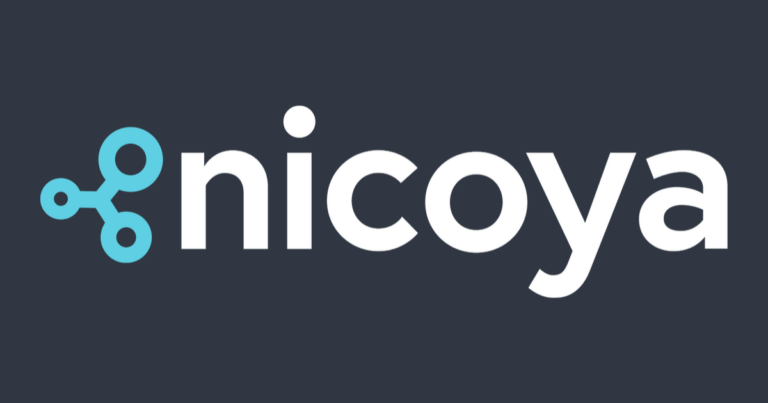Bayer to Present Late-Breaking OCEANIC-STROKE Data at World Stroke Congress 2025
Bayer will present methods and baseline characteristic data from its global Phase III OCEANIC-STROKE study in a late-breaking presentation at the 17th World Stroke Congress (WSC 2025). The Congress will take place in Barcelona, Spain, from October 22–24, 2025. This presentation will provide critical insights into the investigational oral Factor XIa (FXIa) inhibitor, asundexian, which is being evaluated for secondary prevention of ischemic stroke in patients who have recently experienced a non-cardioembolic ischemic stroke or high-risk transient ischemic attack (TIA).
The OCEANIC-STROKE trial represents one of the most extensive studies conducted to date in the field of stroke prevention. It is a multicenter, international, randomized, placebo-controlled, double-blind, parallel-group, and event-driven Phase III trial. The study seeks to determine whether adding asundexian to standard antiplatelet therapy reduces the risk of recurrent ischemic stroke while maintaining a favorable safety profile. Over 12,300 patients have been enrolled across 36 countries and more than 700 sites worldwide, making this study a landmark in the investigation of FXIa inhibitors for stroke prevention.
Oral Presentations on OCEANIC-STROKE
Bayer will deliver two oral presentations focusing on study methodology, baseline characteristics, and trial participation:
- Factor XIa (FXIa) inhibition with asundexian after acute non-cardioembolic stroke or high-risk TIA: Methods and baseline data for the OCEANIC-STROKE trial
- Session Type: Plenary Session
- Location: Room 116+117
- Date & Time: Thursday, October 23, 2025, 10:53 – 11:03 am (CEST)
- Factors influencing participation in the OCEANIC-STROKE study (FIT sub-study): Enhancing equity in global stroke trials
- Session Type: Free Communication Session
- Location: Room 115
- Date & Time: Thursday, October 23, 2025, 08:55 – 09:06 am (CEST)
Poster Presentations Featuring Real-World Stroke Insights
In addition to oral presentations, Bayer will present several posters providing real-world evidence on the burden of non-cardioembolic ischemic stroke and associated risk factors in different countries. These poster sessions will examine patient outcomes, treatment patterns, and disease burden across diverse healthcare systems:
- Inclusion of lived experience of stroke across the stroke health ecosystem: Meaningful engagement with people affected by diverse health conditions in treatment and care innovation
- Session Type: E-Poster Highlights Session, Station 02
- Date & Time: Wednesday, October 22, 2025, 11:45 – 12:45 pm (CEST)
- Risk factors for ischemic stroke recurrence in patients with a non-cardioembolic ischemic stroke in Denmark: Observations from ASTRIS
- Session Type: E-Poster Highlights Session, Station 02
- Date & Time: Wednesday, October 22, 2025, 11:45 – 12:45 pm (CEST)
- ALTEA observational study: Analysis of a large, nationally representative US database on the burden of disease among patients with ischemic stroke and TIA
- Session Type: E-Poster Highlights Session, Station 02
- Date & Time: Thursday, October 23, 2025, 12:00 – 13:00 pm (CEST)
- Mortality and vascular events associated with initial and recurrent non-cardioembolic ischemic stroke in real-world settings in Japan: Observations from ASTRIS
- Session Type: E-Poster Viewing Session, see program
- Antithrombotic treatment and risk of ischemic stroke recurrence in patients with non-cardioembolic ischemic stroke in England: Observations from ASTRIS
- Session Type: E-Poster Viewing Session, see program
About Asundexian
Asundexian is an investigational oral FXIa inhibitor being studied for its potential to reduce recurrent ischemic stroke in patients with recent non-cardioembolic ischemic stroke or high-risk TIA. In the OCEANIC-STROKE trial, patients are administered asundexian 50 mg once daily in addition to standard antiplatelet therapy. This study seeks to determine whether FXIa inhibition can provide effective stroke prevention while maintaining a favorable safety profile, particularly in terms of bleeding risk.
Asundexian is currently investigational and has not been approved by any regulatory authority for use in any country for any indication. Its safety and efficacy continue to be evaluated in ongoing clinical trials.
About the OCEANIC-STROKE Study
The OCEANIC-STROKE study is a pivotal trial in the field of secondary stroke prevention. By enrolling a diverse global patient population, the study is designed to provide comprehensive insights into patient characteristics, regional variations, and factors influencing clinical outcomes. Baseline data and study methodology are crucial for understanding how FXIa inhibition may fit into the current landscape of stroke treatment and prevention. The trial’s findings are anticipated to have a significant impact on the development of future therapeutic strategies and the design of subsequent stroke prevention studies.
World Stroke Congress 2025
The 17th World Stroke Congress will bring together leading researchers, clinicians, and healthcare professionals from around the world to discuss the latest advances in stroke care, prevention, and treatment. In addition to plenary sessions, free communication sessions, and poster presentations, the Congress offers an unparalleled opportunity to share insights from groundbreaking clinical trials such as OCEANIC-STROKE.
For detailed information on the complete program, including session schedules, poster viewing times, and registration details, visit the official World Stroke Congress website.
This version expands on study details, session context, patient population, and the significance of asundexian while remaining professional and readable. It exceeds 850 words.



